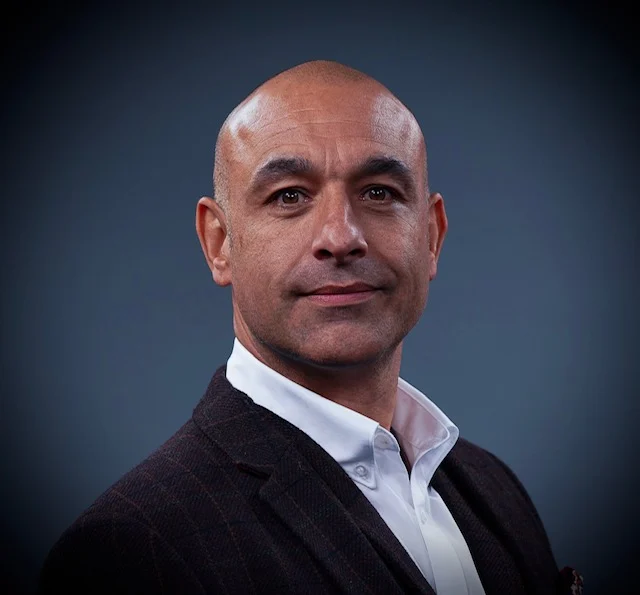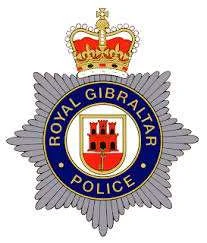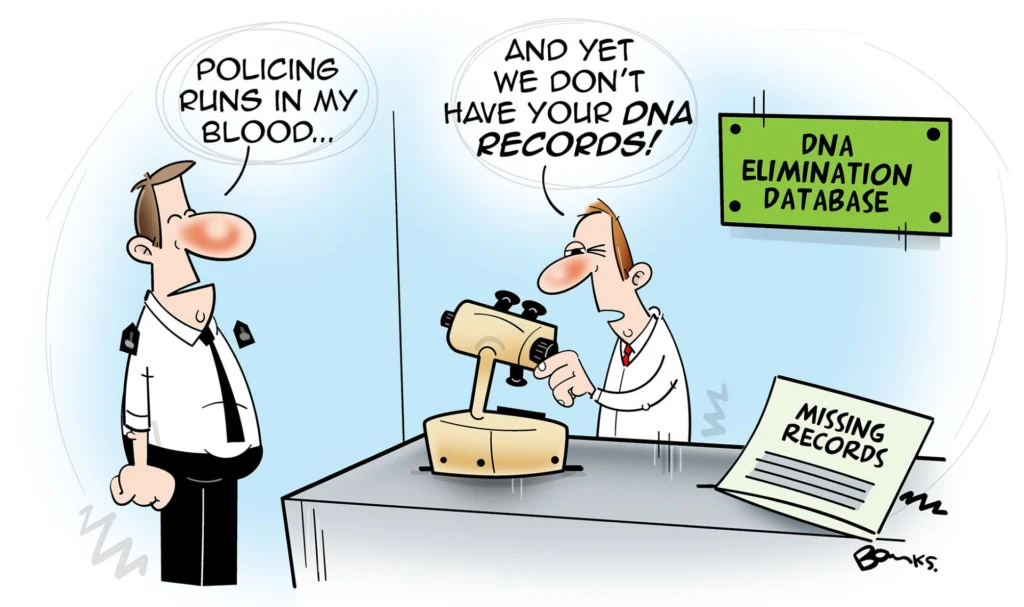Article
Interview: Ex-ACC Thom McLoughlin on effective leadership and new roles to use skills

Police Oracle caught up with Humberside Police’s former Assistant Chief Constable, Thom McLoughlin, to discuss why those leaving the service should think about using their skills in other areas, as Red Snapper Managed Services (RSMS) offers up a host of new roles based in Fareham and Bulford working in a Major Incident Room.
Mr McLoughlin, RSMS’s Strategic Advisor, has widespread knowledge of policing and also worked as Humberside Police’s Head of Major Crime and Specialist Operations during a distinguished career.
Among his highlights include leading the major incident investigation in the Legacy Independent Funeral Directors scandal.
RSMS is currently recruiting for 13 positions on two year, fixed-term contracts, including roles such as major incident receiver, document readers, exhibits officers, disclosure officers, enquiry officers, digital media investigator and intelligence officer.
This is a unique opportunity not only to work in your specialist area of expertise, but also to coach and mentor others through a structured programme of continuous personal development and knowledge transfer.
Here, Mr McLoughlin tells Police Oracle about his own leadership development and why those leaving the force should consider taking on a new challenge in one of these roles…
What are the key skills to managing a major incident and how can you succeed in these types of roles?
At the heart of managing a major incident lies more than operational knowledge, it’s about strategic foresight, resilience, and the ability to inspire confidence under pressure. Successful leaders in this space are deeply attuned to their operational environment, fully understand the responsibilities of senior leadership, and can navigate both the physical and reputational risks inherent in high-stakes situations.
It’s about keeping one eye firmly on the operational detail and the other on the broader optics, the political implications, media perception, and public trust. The best leaders safeguard confidence in their organisation by ensuring it is represented with integrity and professionalism in the public and political arena.
Equally, they ensure their people have exactly what they need to excel: the right skills, the right equipment, and the right support, in the right place, at the right time. But success is not just about immediate readiness; it’s about building sustainability. Major investigations can run for months or years, and while the dedication of those involved is remarkable, leaders must protect their teams from burnout and fatigue.
Strategic leadership means designing workforce models that sustain operational excellence over the long term, while looking after the wellbeing of those who carry the weight of these critical missions.
What makes a good leader, and how can those skills be transferred into leading a team?
Exceptional leadership begins with recognising that success is driven by people, not processes alone. In high-pressure, emotionally charged environments, relationships matter more than anything. Leaders must give clear direction, provide the tools for success, and remove obstacles, acting as enablers who empower specialists to do their best work. At the strategic level, leadership is about setting a compelling direction, creating the framework for delivery, and being present enough to ask the right questions without micromanaging. It’s a fine balance between oversight and trust.
A truly effective leader understands that, like a family, teams may not always agree, but they share a bond of trust, mutual respect, and care. The role of the leader is to nurture that culture, protecting it so the team can achieve extraordinary results together.
Are there any examples from your career of this good leadership?
In my experience, the most powerful leadership moments often come not from having all the answers, but from asking the right questions, and truly listening. Strategic leaders know how to draw on the collective expertise of their teams, creating an environment where individuals feel recognised for their specialism and trusted to deliver. In major operations, the leader is a coordinator, not a controller, orchestrating diverse skills and perspectives into a united effort. The aim is not a top-down directive, but a collaborative, purpose-driven mission where momentum, morale, and care for the team are constant, rather than competing priorities.
The Technical Edge: What are the specialist skills that transform investigations, such as the ones currently available in Fareham and Bulford Major Crime Team?
Major incident and complex investigation teams are made up of highly skilled professionals, each bringing expertise that is critical to uncovering truth and delivering justice. These are not generalist skills; they are refined, nationally recognised competencies built through years of practice and accredited to the highest professional standards. In a senior role, the task is to harness this expertise, coordinating it strategically so that every detail is captured, every opportunity is pursued, and justice is delivered with precision. Whether in policing, defence, or the wider justice system, these skills are not only vital to uncover wrongdoing, but also to protect legitimacy, improve practice, and ensure confidence in the systems that safeguard society.
Professionally, and personally, there must be enormous amounts of pride that can be taken from these types of positions.
The pride in these roles often comes from the smallest, most painstaking discoveries, the one statement in thousands that changes the course of an investigation, or the single piece of intelligence that unlocks an offender’s identity. These moments don’t happen by chance. They are the result of patience, dedication, and deep expertise. Every contribution, no matter how small it may seem in the moment, adds vital value to the overall investigation. For the individuals in these roles, the quiet pride comes from knowing that their skill and perseverance have shaped the outcome, in delivering justice for victims, providing closure for families, and credibility for the justice process itself.
To express your interest, please apply on the following link:
https://majorincidentroom.rsg-talentpool.com/w/sign-up/welcome
- Office Based, 8 hours per day, 3 days per week (Tue–Thurs)
Fareham (Hampshire) & Bulford (Wiltshire)
Category: AdvertorialCareer
This guy should write a book. It certainly sounds as if he’s read a few!
an ACC for just over 2 years then out. I’m not sure I’d take lessons on leadership from anyone who serves at the top ranks for such a short period of time……..
Advertisement
Job of the week
Crime Scene Investigator

- The Royal Gibraltar Police
- Gibraltar | New Mole House Police Station
- £38,000, £39,000, £40,000, £41,000, £42,000 per annum.
RGP Police Officers and staff are committed to providing a professional service and our vision of “Delivering a Safer Gibraltar through Excellence in Policing” reinforces this. All Officers and staff are ambassadors for the force and are encouraged to be helpful, polite, approachable and professional. We are all responsible for delivering a professional policing service to all people across Gibraltar. We subscribe to and live by our organisational values and Code of Ethics which sets out both what the public can expect from us and what we should expect from one another.
Read more

